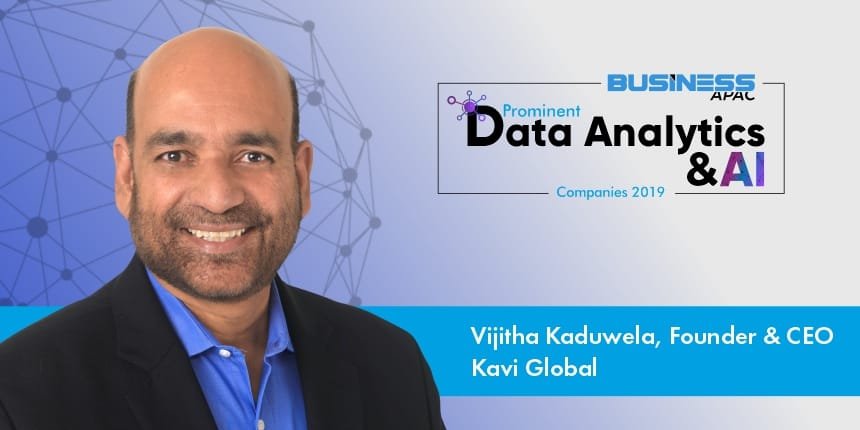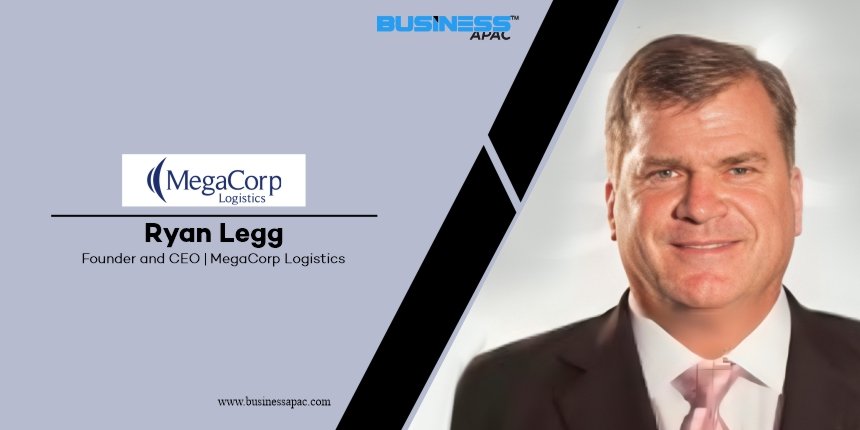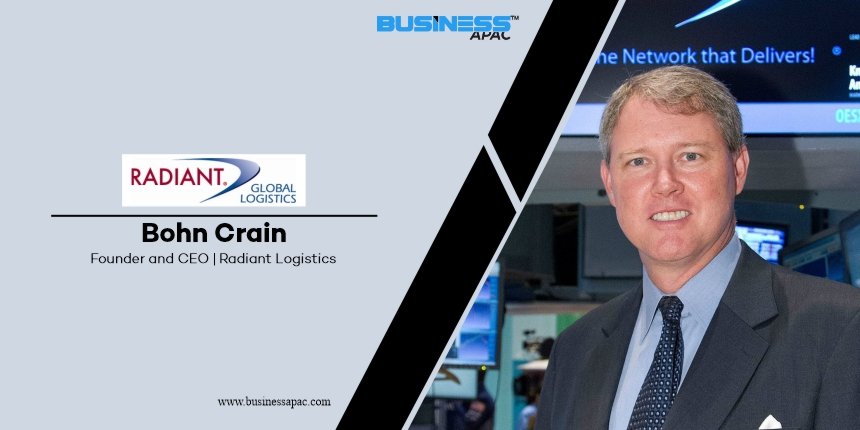In today’s rapid technology evolution, having the data and advanced analytics to support strategic decisions has become paramount. Business models need to constantly adapt to changing markets to avoid becoming irrelevant. Data analytics helps organizations leverage their data as an asset to find new opportunities. This leads to a world with smarter businesses, that generate more profit, with more efficient operations, resulting in happier customers. As per the latest statistics, $39 billion has already been invested in AI worldwide, with the APAC region spend estimated to reach $4.6 billion by 2021.[1] Not only this, companies in the APAC region are rapidly developing their big data and analytic capabilities as well. The intense utilization of big data in every business domain is increasing the demand for quality Data Analytics and AI solution providers.
65% of corporations are still in the first two initial phases of analytics maturity, taking an ad hoc or an opportunistic approach.[2] Although ~85% of individuals think that data analytics to support strategic decisions is essential, only ~38% think that their organizations are prepared in this domain or expertise (of analytics).[3] Vijitha Kaduwela, the Founder and CEO of Kavi Global, encourages Asia-Pacific organizations to actively create robust infrastructure and ecosystems to support the needs of data analytics and real-time data processing.[1]In this way, Asia-Pacific businesses can take full advantage of the significant business benefits brought by AI.
CEO’s Life before Kavi Global
After completing his high school in Sri Lanka, Vijitha won a scholarship by playing violin to acquire his BS/MS degree in Electrical Engineering in Tbilisi, Georgia. He then came back to his homeland with his Russian wife, Svetlana, and started working as an electrical engineer. As an electrical engineer in the field, Vijitha identified numerous opportunities to build and optimize power distribution networks, bringing electricity and to rural areas of Sri Lanka. Back then.
The Asian Development bank used to provide Infrastructure funds to sponsor Vijitha’s work in Sri Lanka, and Vijitha strived to make the most out of them. However, the competent leader soon became frustrated with the available tools and restrictions of his personal skills. While working on a project, Vijitha became friends with one of the foreign consultants, Mr. Ranger. After learning about Vijitha’sfrustrations, Mr. Ranger enlightened him that there is a discipline called Industrial Engineering, which would give him the skills he was looking for. For the few next years, the dynamic leader focused on completing TOEFL and GRE exams, working more than a full-time job, and raising a family. After successfully passing his entrance exams, he was admitted to the University of Arizona for his Ph.D. with a major in Systems & Industrial Engineering and a minor in Computer Science.
Fulfilling Market Gaps with Kavi Global
The idea to establish Kavi Global came to Vijitha while he was working as a Chief Data and Analytics Officer (CDAO) in GE. He was not satisfied with the process of producing data analytics because it was inefficient and labor-intensive. As a result, his team members were overburdened with work. Increasing demands from the business side for data to drive the business strategy overburdened IT teams; they were not able to keep up with the pace of technology shifts. It was becoming harder for businesses to accelerate and scale. While we paid big money to technology firms and consulting services firms, these companies were not able to simplify the process. The root cause of the problem was not being addressed: employees with domain expertise spending time learning new technologies instead of building solutions, and IT teams spending time upgrading and migrating solutions, instead of enabling businesses to transform data into insights easily and efficiently.
Vijitha searched for solution providers that could help him accelerate and scale, but he was not able to find any such companies. Therefore, he decided to establish a company that can help CDAO’s build, scale, and monetize data analytics capabilities efficiently. This is how Kavi Global came into existence. Today, at Kavi Global, Vijitha and team are bridging the market gap and fulfilling the needs of customers through a comprehensive set of data analytics consulting services, software, and solutions.
Improving Clients’ Decision-Making Skills with Data Analytics Services
Established in 2008, Kavi Global is a pure-play data analytics company offering consulting, software, and solutions, with an objective to discover the ideal mix of human and computer. This leads to minimizing automated labor-intensive demands so that humans can maximize their ability and concentrate on the innovation and value-added components of business value creation. The company’s mission is to enable an intelligent world, powered by insights from data analytics. It helps clients accelerate and scale analytics, and analytically driven decisions are what transform businesses.
Kavi Global has been recognized by Gartner 3 years in a row (2017-2019) for Data and Analytics & Machine Learning. The leading data and analytics company partners with customers to solve complex business problems. Kavi’s solutions automate data-driven decision-making, enabling their clients to be more informed, productive, profitable, and competitive. Kavi team specializes in strategic business consulting, technology solution implementations, support services, business intelligence services, data warehousing, and system integration. Technical solutions encompass data management, big data, ETL, master data management, advanced analytics, and data science services. With deep domain expertise, the Kavi team is able to bring their customers’ analytic and AI visions to life, with quick and reliable execution.
An Empowering Leader Helping Customers and Attaining His Dream
As the CEO of Kavi Global, Vijitha’s responsibility is to listen to his customers and understand their pain points and needs. Kavi partners with their customers in a trailblazing way. Taking them on journey through a reliable framework to Discover, Diagnose, Define, and Solve complex business problems, with data and analytics, to maximize business value. The Kavi team helps customers realize their analytic aspirations. Vijitha believes in blue ocean innovation and dives into the white space of company requirements, identifying the high priority analytics opportunities with the most tangible ROI, and creating solutions with his highly dedicated squad.
The Kavi team develops a unique Value Hypothesis for every customer during their initial strategy consultation session. They then validate that hypothesis in the Diagnose stage and help quantify potential ROI. The team’s proven framework ensures business value leakage is minimal during the build and operational stages. For the passionate CEO, the least favorite part of his job is when they have to turn potential clients away. This generally occurs if a company’s strategic goals are not aligned to create significant business value.
The Founder’s dream is to enable every business, large and small, in every part of the world, to maximize their business value creation with the power of data and analytics. He hopes to help his customer’s delight their customers, and growth their businesses exponentially.
To enable this, Kavi is open to external investment for the first time in their 10-year history. It is currently in search of strategic investors who have long-term interests and perspectives on data analytics.
Leveraging the Power of Analytics
Kavi Global started to scale up its capabilities in the US and India, while focusing on four areas of data analytics strategy: Cloud, Mobile, IoT, and AI. The company’s next move is focused on global growth, so that it can leverage the power of analytics in some of the most remote areas of the world. Moreover, Vijitha believes that the developing countries in the APAC region have an opportunity to accelerate digital transformation because they are not restricted by legacy toolsets of developed nations; they can quickly adapt to new technologies to gain a competitive edge.
References:















